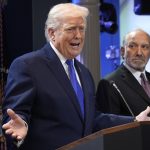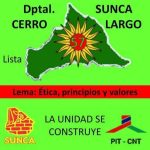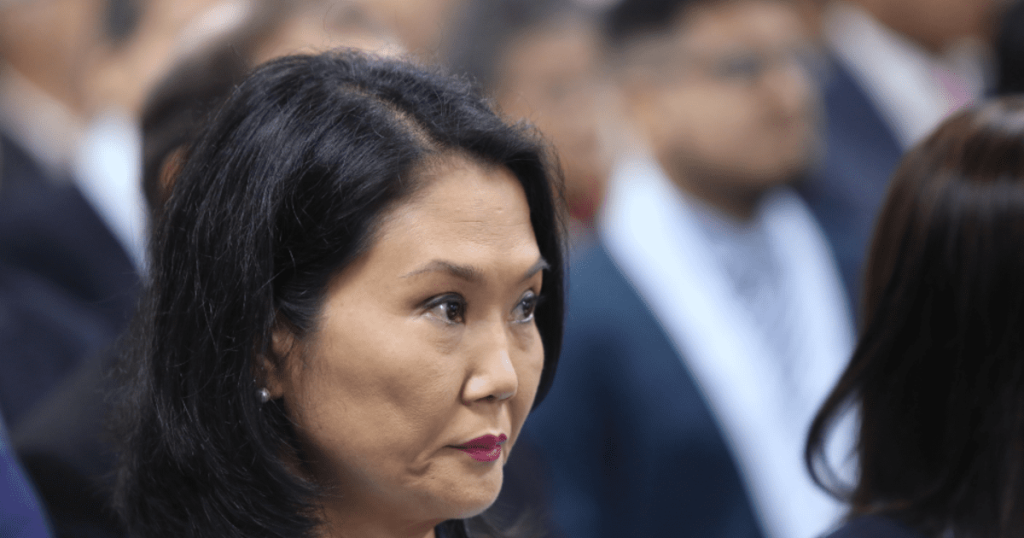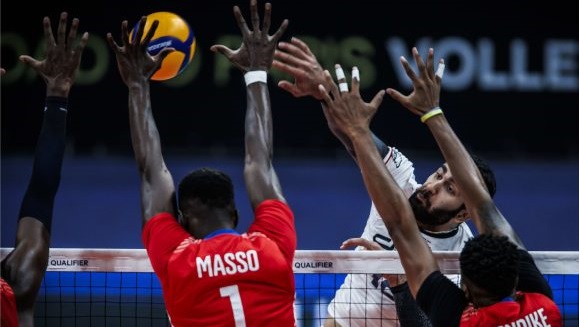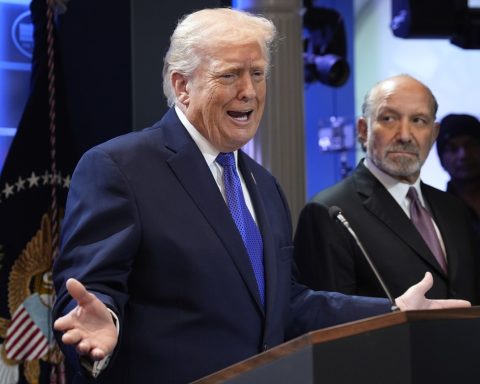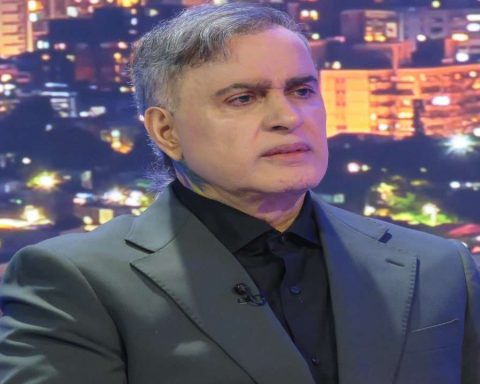AND
n United States They tried to assassinate the controversial former president in the middle of a political rally of what, until then, was his crusade to win in his party. The bullet came from a young Republican, 20 years old, who who knows how he got a gun, nothing complicated in his country. From white to black and all the grays, no leader of the continent maintained his position of rejection of what happened, even though some presidents could not avoid nuances with the commonplaces of rejection of violence and defense of democracy. Trump, with his ear bandaged, is today the candidate of the Republican Party to the main chair of the Oval Office of the White House.
In France, Macron has not said how he will continue the Executive after the victory in the legislative elections of the New Popular Front, which has managed to stop the right in that country, but has not been able to agree on any proposal for the prime minister’s portfolio. Meanwhile, the French National Assembly will be presided over by the re-elected Yaël Braun-Pivet, a centrist from Macron’s ranks, who has won the seat with the votes of the defeated right. Electoral victory does not equate to institutional power.
In Bolivia, there is still no clarity about the events surrounding the military mutiny on June 26. Newspaper columns are still asking: was it a coup or a self-coup? In recent days, a carnivalesque representation of what was the recent military uprising went viral on social media, in the form of a parody, in which the laughter of the spectators said a lot. There are those who maintain that the attempt to undermine democracy in the Andean country by means of weapons is latent and the wounds from the bullets of the 2019 coup d’état have not yet healed. But people disbelieve everything and choose to laugh.
Further south, the Boric government, which came to La Moneda with the support of a broad spectrum of the left in its country – including the Communist Party – has decided to fight with Colombia after the president of the latter country, Gustavo Petro, spoke out for the freedom of the communist mayor Daniel Jadue. The Chilean executive authorities have appealed to the institutionality of justice to avoid the political discussion that Jadue’s imprisonment means; however, President Gabriel Boric, through his X account, has not hesitated to ask for justice for the attack suffered in Pennsylvania by Donald Trump.
Nayib Bukele, far removed from the classic postulates of the free market, has just announced a policy of protection of food prices that promises to be just as successful as the security policy. “I am going to give a message to importers, marketers, wholesalers and distributors of food: stop abusing the Salvadoran people or do not complain later (…) it is not a joke.” Thus, the man who is becoming a role model for Latin American politicians who want to distance themselves from the so-called Axis of evil
has just made a very popular national move. Now, where does Bukele stand on the ideological spectrum?
This month has been the confirmation of the uncertainty of this time. The most exquisite classic theoretical and political categories fail to frame the events mentioned, nor the strong and simple division between left and right, not even if these categories are posed in the plural –as the current trend dictates–. To think about this time there is a little light at the end of this tunnel: the interregnum Gramsci’s theory that Álvaro García Linera is now taking up again to analyse the global economy. Specifically, he speaks of the liminal time which, paraphrasing the author, is a moment in which historical time is suspended, where there is no predictable future, therefore, social time does not circulate, it is stopped, although physical time runs desperately. But, in addition, the confusion of this time is strongly determined by the speed of the infodemic and the virtuality of reality and the economy. Who can escape the pressure that the infodemic exerts on influential and influential personalities in common sense? These are difficult times and of a certain orphanhood, in which the so-called opinion leaders quickly speak out even in the face of events that they have not managed to finish reading.
The exhaustion and weakening of the neoliberal horizon have left, in simple terms, a canvas ready to be intervened; however, artists are still fighting for spaces on the canvas and do not know what technique they are going to use. Programmatic and ideological boundaries seem to be diluted in the face of what is something like postmodernity 2.0, while critical problems of global everyday life advance, such as job insecurity, gentrification and the water crisis, to name a few. We will have to see what happens with the political and organizational dimension of the people who decided to trust in democratic and popular alternatives, as in France, and ended up disappointed once again by the institutions.
International policy analyst
X: @Valeqinaya





